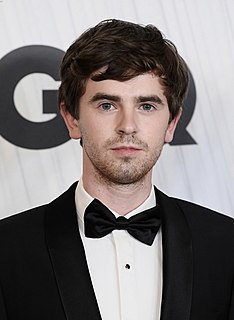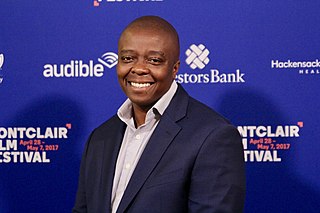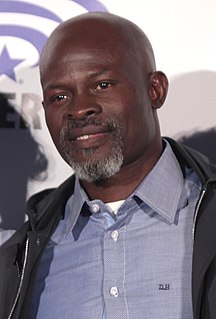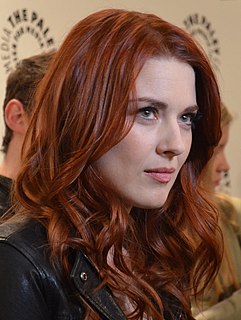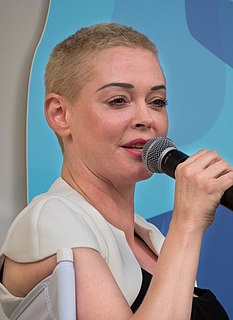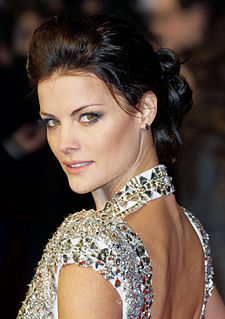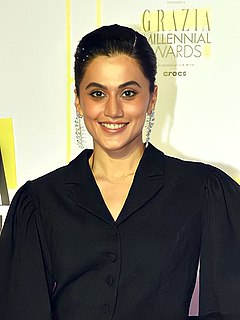A Quote by Josh Hutcherson
What I think after reading the script and seeing where the story goes, I go with my instincts on the character. If my instincts are wrong the director and the producers will guide me in the right direction. That's just kind of how I take on any role, be it a fantasy movie or not.
Related Quotes
Strictly speaking, there are no such things as good and bad impulses. Think...of a piano. It has not got two kinds of notes on it, the 'right' notes and the 'wrong' ones. Every single note is right at one time and wrong at another. The Moral Law is not any one instinct or set of instincts: it is something which makes a kind of tune (the tune we call goodness or right conduct) by directing the instincts.
If I have ideas, I want to put them in the movie. It's not a minimalist approach at all but I feel like it's for the audience. It's about seeing how much texture we can give it and seeing how many things are there for people to latch on to... I just want to do it the way I want and I feel like it won't be helpful for me if I start worrying about that. I just have to follow my instincts. Everyone is going to respond differently to it and everybody's right - that's their point of view. That's how the story intersects with their lives.
The way I pick movies is, first, if the script is any good. Then, if the script is good, who else is in it, the director, the producer, all that. If you have all that, there's a chance the movie will be great. If the script isn't right, or the director or cast isn't right, you've got no shot in hell.
I credit that eight years of grammar school with nourishing me in a direction where I could trust myself and trust my instincts. They gave me the tools to reject my faith. They taught me to question and think for myself and to believe in my instincts to such an extent that I just said, "This is a wonderful fairy tale they have going here, but it's not for me."
It was an audition process after Breakfast Club, and I wasn't really sure I wanted to do the movie. There was a bigger role that Rob [Lowe] was already set to play, so the role they wanted me to audition for was Alec. [Director] Joel Schumacher... this is back in the days when you could trick me with things like this. He goes, "Don't you think you can play it?" And I go, "Okaaaaay." So then I did it for all the wrong reasons but I don't think I would fall for that again. Who knows. I might.
I think the most important thing for an actor is reading the script and trying to figure out if you can play that character well. The last thing on my mind is if the director made good movies previously. It's not my job to know if that director's last movie was any good - it's my job to know if I can play the role.
The people who've done well within the [Hollywood] system are the people whose instincts, whose desires [are in natural alignement with those of the producers] - who want to make the kind of movies that producers want to produce. People who don't succeed - people who've had long, bad times; like [Jean] Renoir, for example, who I think was the best director, ever - are the people who didn't want to make the kind of pictures that producers want to make. Producers didn't want to make a Renoir picture, even if it was a success.
I don't want to take shots at professional actors, because obviously the great ones are great. But I do think that given the kind of stories I've been telling in my films, it's hard for me to imagine how professional actors would have done better. And it's easy for me to imagine how they would have done worse. Because I think a lot of what an actor is trained to do and a lot of what an actor's instincts point toward is clarification, is always making it clear what's happening in the story, how the character fits into the scene, what the character wants.


